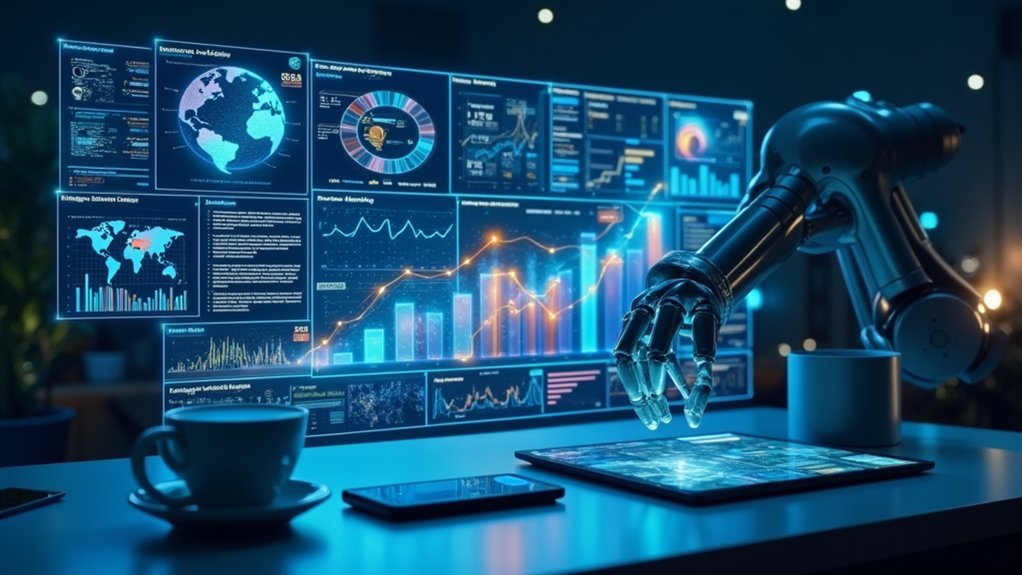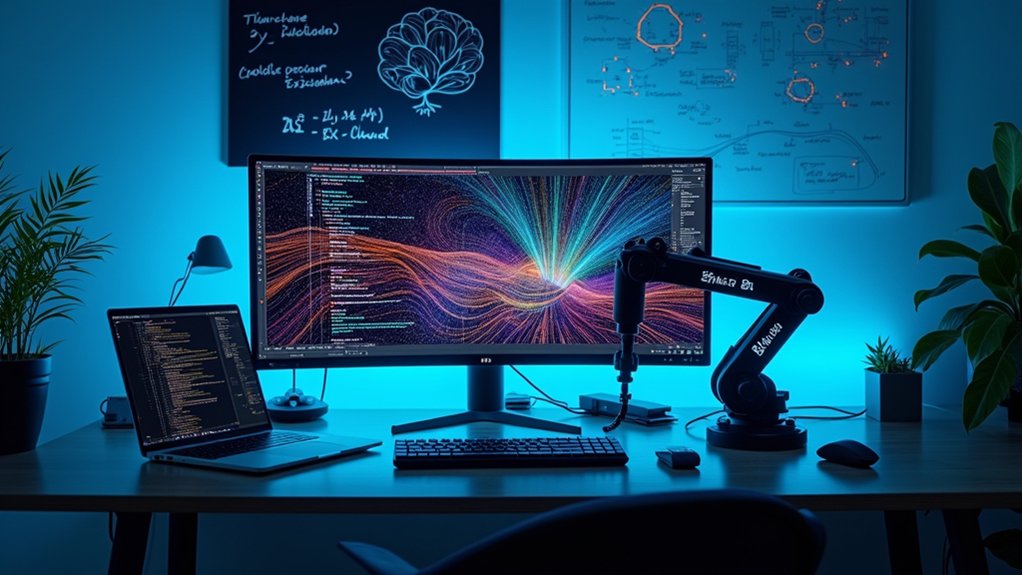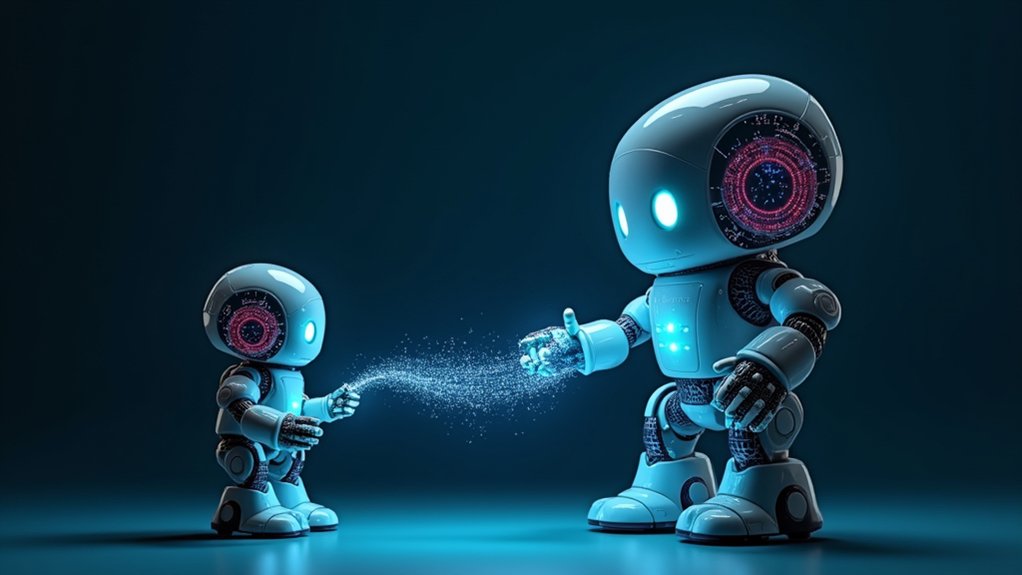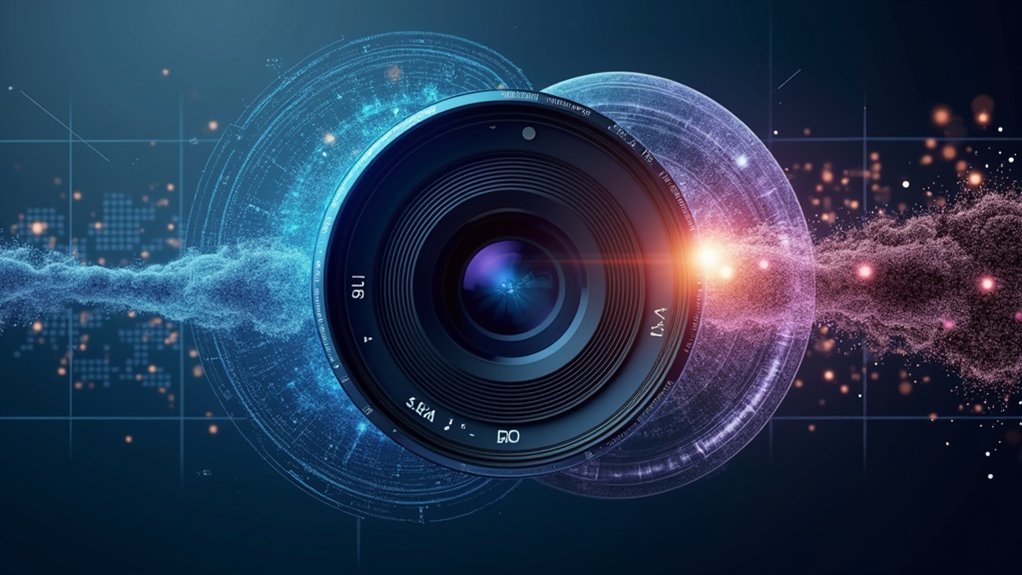AI marketing combines artificial intelligence with traditional marketing strategies. It uses machine learning, data analysis, and automation to understand customer behavior. Marketers can create personalized content, target the right audiences, and make real-time campaign adjustments. It saves time through automation and improves return on investment. AI tools like chatbots and predictive analytics help businesses reach customers more effectively. The technology continues to evolve, bringing new possibilities for marketing teams.
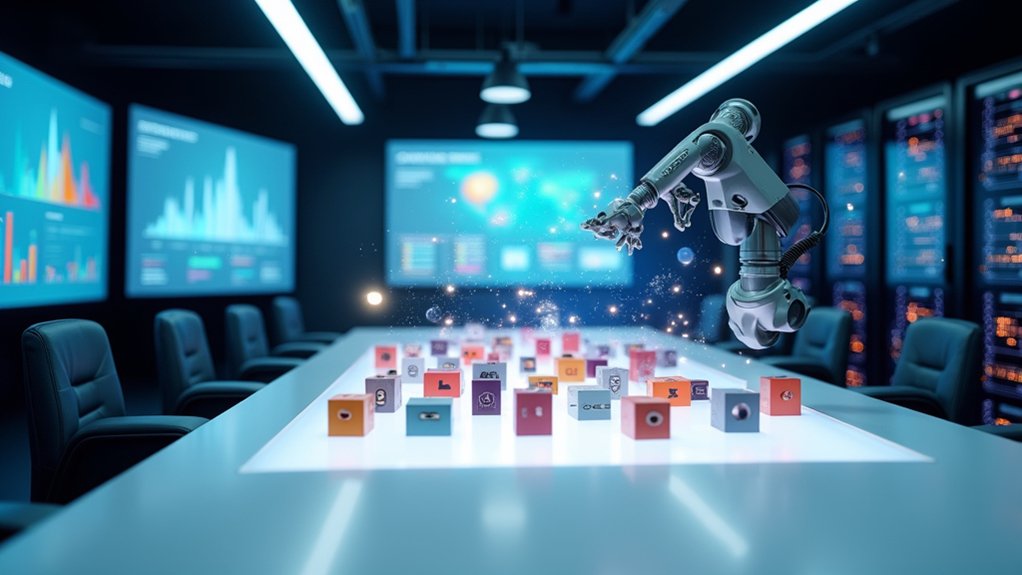
Revolution is underway in the marketing world as artificial intelligence transforms how businesses reach customers. AI marketing combines cutting-edge technology with traditional marketing tactics to create smarter, more efficient campaigns. Companies now use machine learning, data analysis, and automation to understand their customers better than ever before.
AI marketing relies on several key components working together. Big data analysis helps sort through millions of customer interactions. Machine learning algorithms spot patterns humans might miss. Natural language processing lets computers understand text and speech. Predictive analytics forecasts future customer behavior. These tools work together to form a powerful marketing system.
The AI marketing ecosystem combines multiple technologies to unlock insights beyond human capacity while anticipating tomorrow's customer decisions.
The benefits for businesses are clear. AI helps target the right customers with the right messages. It creates personalized content that connects with each individual. Marketing teams save time through automation. Companies see better returns on their spending. Campaigns can adjust in real-time as new data comes in. Studies show that AI can unlock 10 to 15 trillion dollars in value for businesses according to research from McKinsey.
Today's AI marketing appears in many forms. Chatbots answer customer questions instantly at any hour. Predictive lead scoring identifies which potential customers are most likely to buy. AI writes and organizes content for websites and emails. Automated systems purchase ads on websites and social media. Some companies even use AI to adjust prices based on demand. Digital agencies are increasingly adopting AI tools to deliver more personalized marketing experiences for their clients.
Many platforms now offer AI marketing tools. IBM Watson, Salesforce Einstein, Adobe Sensei, Google Marketing Platform, and Albert.ai lead the industry. These systems make advanced AI accessible to companies of all sizes.
Challenges remain in implementing AI marketing. Companies worry about data privacy and security. Integrating new AI with old systems can be difficult. Many marketing teams lack AI expertise. Some AI systems show bias in their decisions. The initial cost can be high for small businesses.
Looking ahead, AI marketing continues to evolve. Voice search optimization is growing rapidly. AI now helps identify effective influencers. Augmented reality creates new customer experiences. Predictive systems become more accurate. AI marketing investment is projected to reach 97.9 billion dollars in 2023, with retail and banking sectors leading the growth. As AI grows more powerful, ethical use becomes increasingly important.
Frequently Asked Questions
How Much Does AI Marketing Implementation Typically Cost?
AI marketing implementation costs vary widely.
Basic tools range from $10,000 to $50,000, while custom solutions can exceed $300,000.
Monthly expenses include cloud computing ($500-$5,000), data storage ($1,000-$10,000), and software licenses ($1,000-$10,000).
Companies also need to budget for personnel, with specialists earning $50,000-$200,000 annually.
Most businesses see a 10-15% increase in marketing revenue and up to 50% reduction in customer acquisition costs.
What Skills Do Marketers Need to Work With AI?
Marketers working with AI need a mix of technical and strategic skills.
They should understand data analysis, statistics, and visualization tools like SQL. Knowledge of AI fundamentals, including machine learning and NLP, is essential.
Familiarity with AI platforms for content creation, chatbots, and customer segmentation helps in daily work.
Strategic skills include identifying AI use cases and measuring AI campaign performance.
Can AI Marketing Replace Human Marketers Entirely?
AI marketing can't fully replace human marketers.
While AI excels at data analysis, personalization, and automating routine tasks, it lacks essential human skills.
Creativity, emotional intelligence, strategic thinking, and cultural awareness remain uniquely human strengths.
AI struggles with understanding context, humor, and ethical nuances that affect marketing decisions.
The future points to collaboration, with AI handling technical aspects while humans provide creative direction and relationship building.
How Long Does It Take to See ROI From AI Marketing?
ROI timeframes for AI marketing vary widely.
Simple tools like chatbots can show returns in 3-6 months, while complex personalization systems may take 6-18 months.
Content generation tools offer the fastest returns, sometimes within 1-3 months.
About 30% of AI projects don't make it past proof-of-concept stage.
Success depends on data quality, clear goals, and system integration.
Starting with simpler AI applications typically delivers faster results.
Are There Privacy Concerns With Ai-Driven Customer Targeting?
Yes, there are significant privacy concerns with AI-driven targeting.
Studies show 68% of consumers worry about online privacy, while 57% see AI as a privacy threat. Most people (81%) fear AI companies will misuse their information.
Companies face challenges balancing personalization with privacy protection, while also complying with regulations like GDPR and CCPA.
Building consumer trust remains critical as 77% want businesses to address these privacy concerns.
